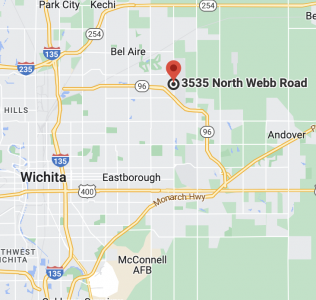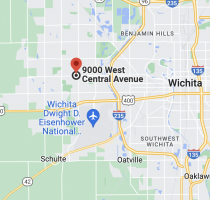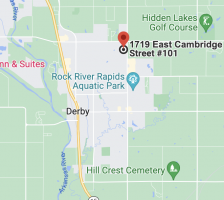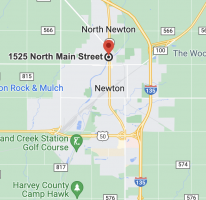Do you fall asleep while driving, sitting and talking to someone, in the theatre?
Are you a heavy snorer?
Do you often wake up feeling like you haven’t slept well?
Has your spouse or significant other complained that you stopped breathing at night?
If you answered yes to these questions you may have sleep apnea.

Shilpa Kshatriya, MD
Sleep apnea is a common disorder affects 15 million Americans in the US and more than 20% of adults. It is especially common in those who are obese, diabetics, are elderly and in those who have a diagnosis of heart failure.
However, EXCESS WEIGHT is the strongest risk factor.
Sleep apnea is collapse of the airway during sleep depriving your body of oxygen. The snorer repeatedly stops breathing for brief moments, sometimes up to 30 times an hour, wakes up gasping for air and is prevented from having restful sleep.
Sleep apnea can CONTRIBUTE TO HEART DISEASE by causing:
- High blood pressure
- Heart failure
- Irregular Heart Rate or arrhythmias
- Increased risk of heart blockages or coronary heart disease (1 in 4 patients with sleep apnea have heart blockages)
- Increased risk of heart attack or stroke.
- Sudden cardiac death
Treatment of sleep apnea can reduces these risks and help you live long as well as improve your sleep quality and give you more energy to perform the next day. Therapies include weight loss, using a device to keep the airway open during sleep, an oral appliance that is worn at night, and in some cases surgery. Talk to your doctor if you think you may have sleep apnea.








